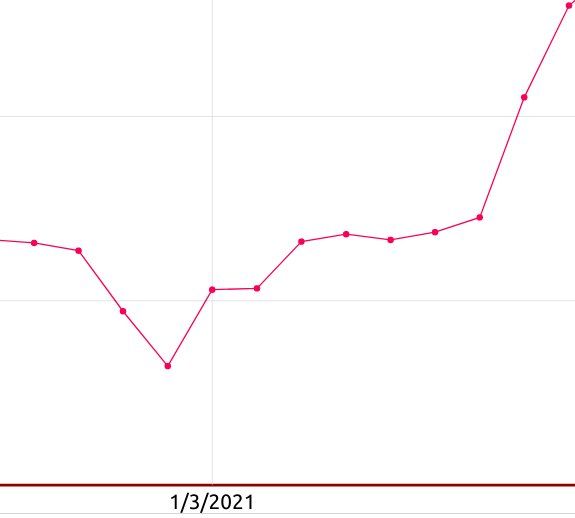As Signal booms, so does Tutanota.
WhatsApp has changed its privacy policy. As a consequence privacy-friendly services are seeing a massive increase in new users.
WhatsApp’s latest change of the privacy policy has triggered an enormous interest in privacy around the world, and particularly in the US and Germany. At times, Signal - a direct competitor of WhatsApp - was more popular on the app store than WhatsApp:
Look at what you’ve done. 🇩🇪 pic.twitter.com/veljAlPmEU
— Signal (@signalapp) January 9, 2021
Tutanota signups spiked
Shortly after Signal, daily signups for Tutanota, the privacy-friendly encrypted email service, have more than doubled:


Privacy will prevail
We are thrilled to see so many new users coming in, understanding the need and the importance of privacy. We already said in 2017 that the privacy-era has started, and we have been proven right ever since.
People around the world are increasingly understanding that privacy matters and are no longer okay with privacy washing done by Big Tech companies. People no long want to fuel the surveillance capitalism of big tech such as Facebook and Google.
The Internet: a surveillance machine
As much as the Internet has advanced our societies, it has also become a threat to our freedom.
With the help of the Internet, mass surveillance today is cheap and fast. The only privacy-preserving technology we have to stop surveillance are privacy-friendly services that choose not to monitor their users and build in end-to-end encryption by default.
From this day onward, protecting our privacy should become standard practice for everyone, not just to protect oneself, but also to protect our free and open societies.
Privacy-friendly alternatives
Every big tech company knows that users want their privacy protected, but the recent change of WhatsApp’s privacy policy is another proof that Facebook’s regularly stated commitment to privacy protection is - simply put - a marketing initiative. It can’t be taken seriously.
Fortunately, people are smart enough to understand the difference, and more and more people are starting to look for WhatsApp alternatives for privacy. As the Internet grows up, people understand that they have to stop feeding the surveillance machine - independent from whether they believe they have something to hide or not.
Hence, the recent rise of users of privacy-friendly alternatives.
New tools have made protecting your private data very easy. Email services like Tutanota, chat apps like Signal, cloud services like Tresorit are just a few that integrate encryption seamlessly into their services so that users don’t have to think about how the encryption works.
On top of that, these services do not share data of their users, out of principle.
Change your habits today!
Protecting ones privacy online is still a challenge. But step by step we can all take back our right to privacy.
Our guide on how to leave Google and Facebook behind will help you find alternatives that protect your private data.
Together we will take back what belongs to us: our data. Because privacy matters.
